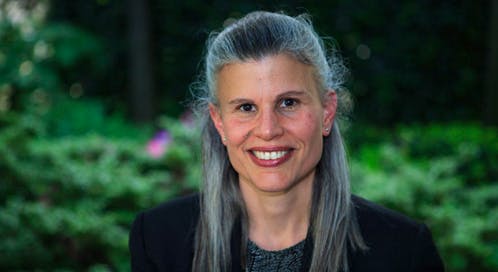A word from Jamie.

© Krista Schlyer
Pigeons. We see them every day. They are so commonplace we usually don’t notice them at all. They nibble at the seeds spilled by other birds on the ground around our birdfeeders, they congregate in city parks, and they roost on statues and telephone wires. They are everywhere.
It makes it hard to believe that a common pigeon actually went extinct 100 years ago. That’s right. Martha, the last passenger pigeon on Earth, died a century ago this year in the Cincinnati Zoo.
Martha may be gone, but she can still teach us a lesson or two about extinction.
Historically, the passenger pigeon lived in vast migratory flocks until the early 20th century. One flock in 1866 in southern Ontario was described as being one mile wide and 300 miles long and took 14 hours to pass by.
This species was the most abundant bird in the world in the 19th century—so common that flocks darkened the sky—but it went extinct in a matter of decades.
What could cause such an extreme decline in such a short time? The answer is as simple and as commonplace as a pigeon itself: hunting pressures and habitat destruction.
The same threats that contributed to the extinction of the passenger pigeon are still prevalent today for other species, but now we have the additional threat of climate change.
As these pressures add up, an even more ominous threat is looming: This year, the chairman of the House Natural Resources Committee, Congressman Doc Hastings, has set his sights on “reforming” the Endangered Species Act (ESA). His changes would seriously undermine the very essence of imperiled wildlife conservation in our country. While poll after poll continues to show overwhelming support for the protection of our nation’s wildlife, Hastings and other members of Congress, cheered on by extraction industries and developers, are eager to kill the very law that saves so many species from extinction.
We need all of you to speak up for endangered wildlife and the ESA. Let your elected officials know that you expect them to protect today’s endangered and threatened species so they don’t go the way of Martha, the last passenger pigeon on this planet. Because as we all know, as nature goes, so goes us.
Jamie Rappaport Clark, President
